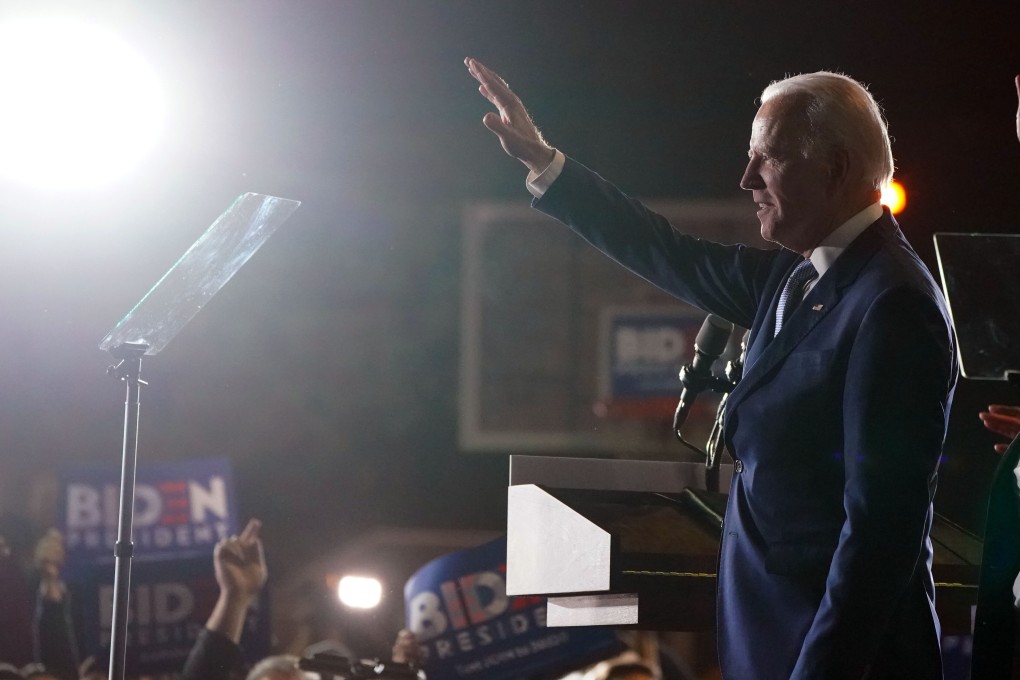Advertisement
How Joe Biden’s victory paves the way for a global corporate tax rate
- Countries are losing, on average, 9.2 per cent of their health budgets to tax havens every year. Biden’s plan to increase US corporate tax will put pressure on the European Union to set the bar high as well, helping establish a 25 per cent global corporate tax rate
Reading Time:3 minutes
Why you can trust SCMP

It is a good bet that this year’s US presidential election will be long remembered. Not only because it took days for the result to become clear, and because, for the first time, a woman, Kamala Harris, was elected vice-president. But also because the winner, Joe Biden, did something almost no other major presidential candidate has done on the campaign trail: he promised to raise taxes.
Defying the certainty of those who insisted that this promise is the best way to lose an election, Biden committed to raising taxes on America’s richest corporations and on the 1 per cent. And he won.
One can only hope this victory signals the acknowledgement by many Americans that decades of tax policies favouring the rich and powerful have resulted in billionaires now paying a lower effective tax rate than the working class, and in very high levels of wealth inequality – the highest levels since the administration started tracking that figure in the 1960s.
Advertisement
This is not an American peculiarity. Over the past few decades, governments all over the world, influenced by corporate giants and the super-rich, have programmed their tax systems to prioritise the requests of the wealthiest over the needs of the rest of the population.

02:19
Bombshell New York Times report claims Trump hasn’t paid income tax for ‘10 of the past 15 years’
Bombshell New York Times report claims Trump hasn’t paid income tax for ‘10 of the past 15 years’
This is how multinationals manage to declare their profits in tax havens in order to under-report how much they actually made in the countries where they do business – and consequently pay less tax than they should – and how most billionaires hide undeclared assets and incomes offshore, beyond the reach of the law.
Advertisement
Advertisement
Select Voice
Select Speed
1.00x
